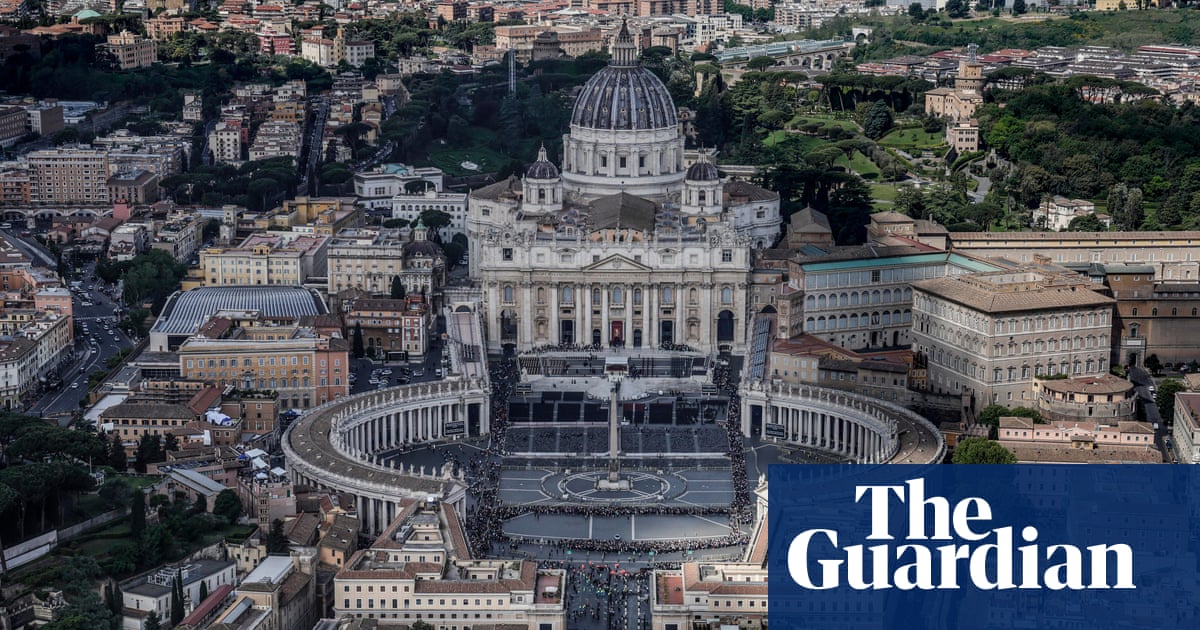Congratulations to Gwynedd, Wales, where the local council’s policies have lowered house prices. This should be the ultimate aim of all the housing and planning initiatives of this government – whether through “cutting red tape”, “kickstarting” the construction industry with publicly funded incentives, talking about far in the future new towns, or promising unfeasible numbers of new homes.
So far, these haven’t worked. But Cyngor Gwynedd, by charging a 150% council tax premium on second homes, and requiring planning permission to use a property for holiday lets, has succeeded.
Not everyone sees it this way. “Botched second homes crackdown,” declaimed the Daily Telegraph, “wipes £30k off house prices.” But I imagine that the many residents of Gwynedd who struggle with expensive housing will be delighted.
Commercial sense

In other promising housing crisis news, the architects Gensler are designing the conversion of a 33-storey office building in Midtown Manhattan, formerly the headquarters of the pharmaceutical company Pfizer, into homes. About 1,600 apartments are promised by Metro Loft Development LLC and David Werner Real Estate Investments, which own the building, 25% of them described as affordable, in this and an adjoining 10-storey tower.
Given that there are too few homes and too much office space – in Britain as well as in New York – the making of the one out of the other should be a win for everyone. It limits the need to build on green fields and reduces the carbon impacts of new construction and demolition. It’s not easy, though, to turn big office blocks into multiple homes, so it’s good to see it treated as a serious commercial proposition.
The lesser evil?

What side to take in the 20-year planning battle between Jon Hunt, founder of the aggressive and obnoxious estate agents Foxtons, and the ambassadors of Russia and Saudi Arabia? The former wants to add a basement to his listed mansion in Kensington Palace Gardens, London, also known as Billionaires’ Row, in order to house his collection of classic cars. The latter, who live nearby, along with ambassadors of less vile regimes like France and Japan, objected under the UN 1961 Vienna convention on diplomatic relations, which requires states to “protect the premises of a diplomatic mission against intrusion or damage”.
Hunt’s original plans for the basement, 82ft deep, with a sort of indoor ferris wheel for displaying the cars and an infinity pool on the roof, have been scaled back, but its volume is still equivalent to many ordinary homes. However, although a BBC investigation once accused Foxtons of lying, faking signatures and other dubious practices, they haven’t actually invaded countries, bombed civilians or tortured people. Hunt is controversial but, relative to some of his neighbours, you have to say that he and his basement occupy the moral high ground.
after newsletter promotion
Nugget of untruth

Nigel Farage and GB News and other hyenas of the right have decried the judgment by an immigration tribunal to refuse deportation of a criminal to Albania, allegedly on the grounds that his son didn’t like the chicken nuggets there. Needless to say, this is a distortion of the facts, as a quick check of the public record confirms. The decision, what’s more, was not upheld on appeal, which you might say was a case of the justice system doing its job. These inconvenient facts have not stopped an ensuing feeding frenzy by some sections of the media on other immigration decisions, also misleadingly reported. With issues as serious as human rights, migration and the law, it would help to start any debate by telling the truth.

.png) 2 months ago
49
2 months ago
49













































